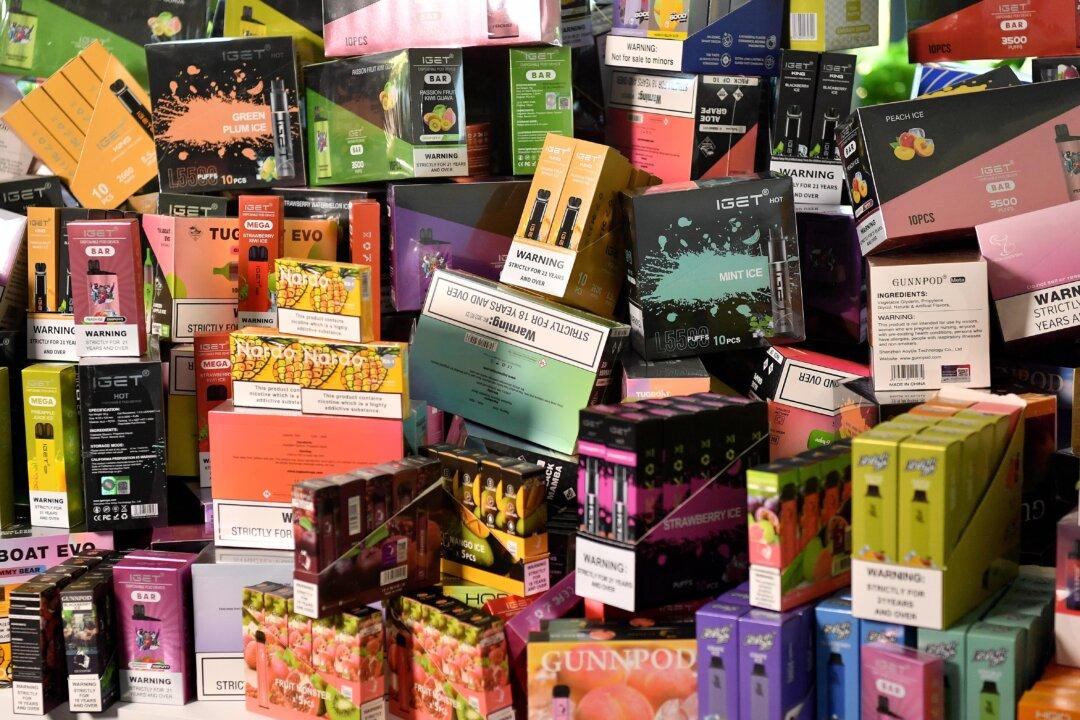A loophole in Australia’s vaping laws has allowed an influx of illegal vapes into Australia, which has led to widespread availability among young people.
Ease of access and a surge in vape sales, particularly from shops near schools, take-away food outlets, or petrol stations, have prompted leading health experts to call out retailers for “addicting a new generation to nicotine.”





